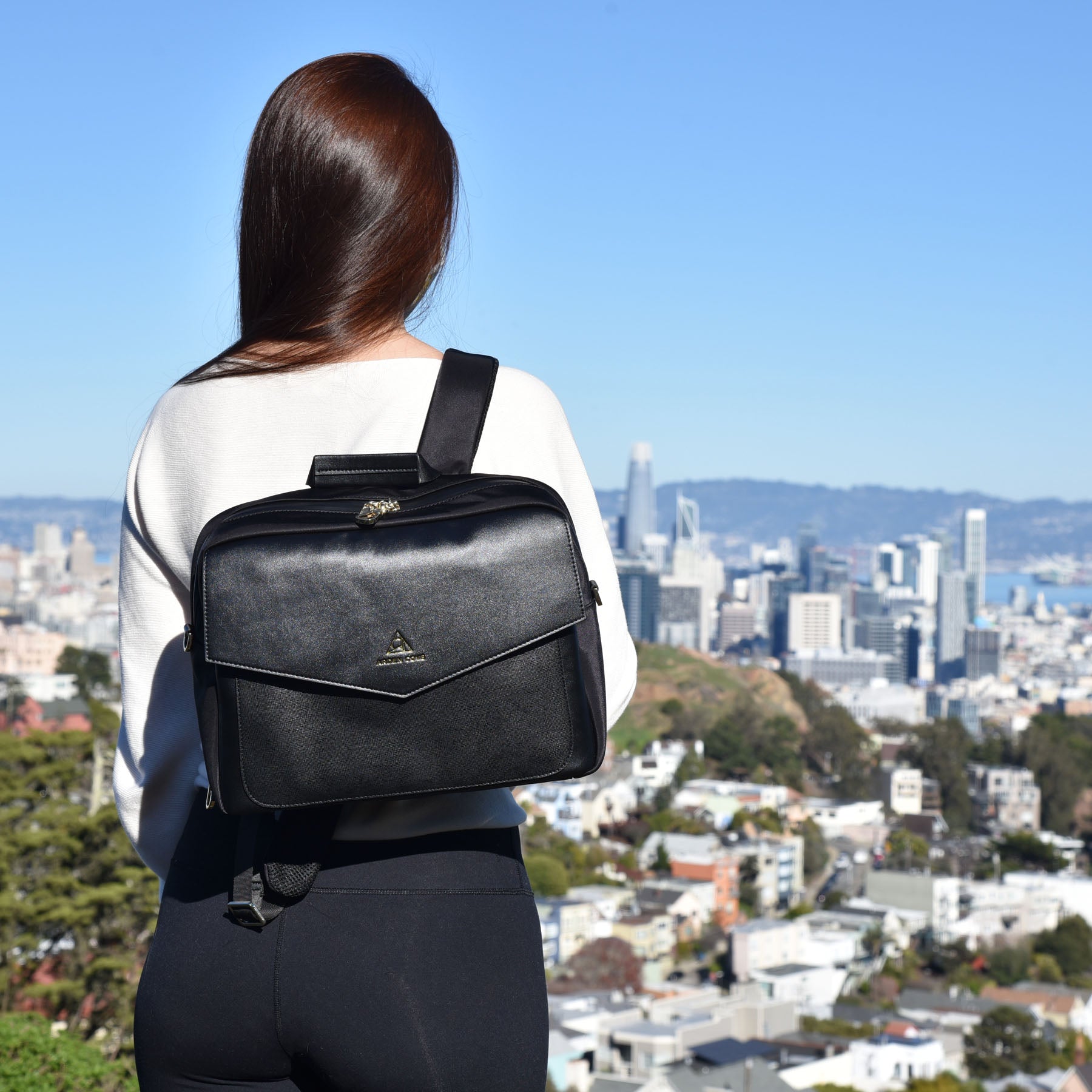Duty-free shopping has long been a favorite among travelers seeking deals and unique finds before takeoff. But what exactly is duty-free shopping, and how can you maximize its benefits for the best prices? In this duty-free shopping guide, we'll explore the ins and outs, providing insights and tips to make your shopping experience more rewarding.
What is Duty-Free Shopping?
Duty-free shopping refers to the purchase of goods without paying certain local import taxes or duties imposed by the country you're departing from or arriving in. These taxes are typically waived or reduced for goods bought at designated duty-free stores in airports, seaports, and international borders.

How Does Duty-Free Shopping Work at Airports?
1. Eligibility:
- Duty-free shopping is primarily available to international travelers, allowing them to buy goods at reduced prices before leaving or upon arrival in a foreign country.
2. Types of Products:
- Duty-free stores offer a wide range of products, including liquor, tobacco, cosmetics, fragrances, electronics, clothing, and souvenirs, often at lower prices than retail stores.
3. Tax Exemption:
- When you purchase goods at a duty-free shop, you're exempt from paying certain local taxes and duties. This exemption applies to both the departure and arrival countries, depending on local regulations.
Making the Most of Duty-Free Shopping:
1. Know Your Limits:
- Be aware of the duty-free allowances and limitations of your specific departure and arrival countries regarding the quantity and value of goods you can purchase without paying duties. For example, returning US citizens are allowed one liter of duty-free alcohol and a maximum of either 200 cigarettes or 100 cigars from most foreign countries. States may vary in restrictions.
2. Compare Prices:
- Research prices beforehand to ensure that the items you plan to buy are indeed cheaper at the duty-free store compared to regular retail prices. Just because they are marked duty-free doesn't mean it's the best deal, and there's still a markup as these stores are still paying a lot to airports for retail space. Sometimes, local discounts or sales might offer better deals.
3. Shop Wisely:
- Focus on items that have higher local taxes or duties in your home country, such as alcohol, tobacco, or luxury goods, as they're more likely to offer significant savings.
4. Stay Informed:
- Check duty-free shopping guidelines and restrictions of both your departure and arrival countries to avoid any surprises or issues during customs clearance.
5. Consider Local Regulations:
- Some countries have restrictions on the quantity of certain items, such as alcohol and tobacco, that travelers can bring in duty-free. Ensure you comply with these regulations to avoid penalties.
Getting Money Back: Duty-Free Refunds
1. Understanding Refund Policies:
- Not all duty-free stores offer refunds, and policies vary among retailers and countries. Some stores might provide refunds for returned items, while others may not have a refund policy in place.
2. Ask at the Point of Purchase:
- Inquire about the store's refund policy before making a purchase. Clarify whether refunds are possible and the procedure for obtaining them if you change your mind about an item.
3. Keep Receipts and Documentation:
- Retain your receipts and any necessary documentation provided by the duty-free store. These documents are crucial for processing refunds and might be required for customs purposes.
4. Know the Time Limit:
- Duty-free stores may have specific time frames within which refunds must be claimed. Ensure you understand the store's refund deadline and adhere to it.
5. Claiming Refunds at Departure:
- Some airports allow travelers to claim refunds for unused or unopened items purchased at duty-free stores before departing. Check if your departure airport has facilities for duty-free refunds and comply with their procedures.
6. Customs Clearance for Refunds:
- Depending on the destination country, you might need to present the purchased items and the corresponding receipts to customs officials for inspection and validation before claiming a refund.
7. Electronic Refunds and Credit Cards:
- Some duty-free stores offer electronic refunds or credit the refunded amount back to the original payment method, such as a credit card. Confirm the store's refund process during your purchase.
8. Note Restrictions and Exceptions:
- Be aware that certain items, especially perishable goods or items exceeding a specified value, might not be eligible for refunds due to regulatory or store policies.
Conclusion:
Duty-free shopping presents an excellent opportunity for travelers to enjoy tax-free prices on a variety of goods. Whether you're looking for souvenirs, luxury items, or essentials, understanding the rules, limits, and how to compare prices can help you make the most of your duty-free shopping experience. While duty-free shopping offers savings, it's essential to research and compare prices to ensure you're getting the best deals. By staying informed and adhering to local regulations, you can make your duty-free shopping adventure a rewarding and cost-effective part of your travel experience.
And for any shopping trip you'll want to bring your bags! Check out Arden Cove purses and bags for the perfect companion for your shipping and adventures with anti-theft features to ward off pickpockets and water resistant materials to keep your belongings safe.
Karin is the co-founder of Arden Cove and co-creator of the Anti-Theft Waterproof Crossbodies - bags created for women who want all the practicality and safety features without compromising in style. Shop ArdenCove.com.
















Leave a comment